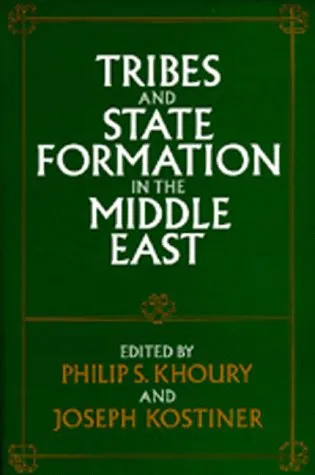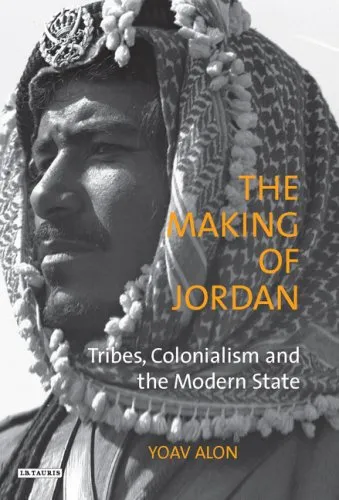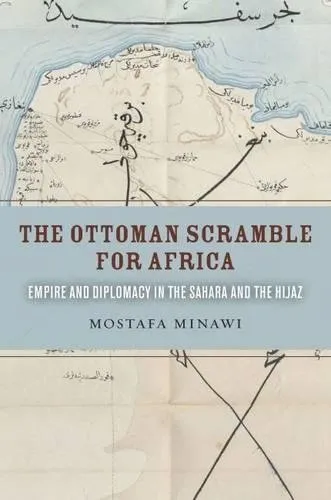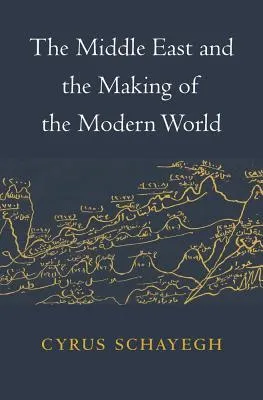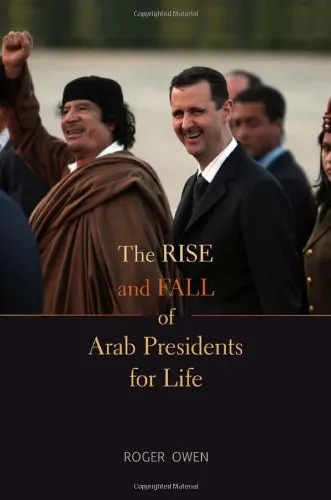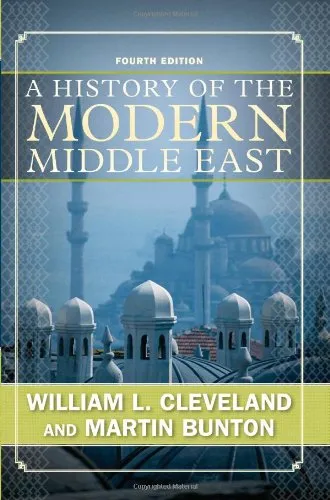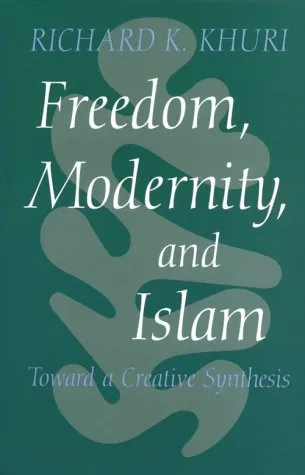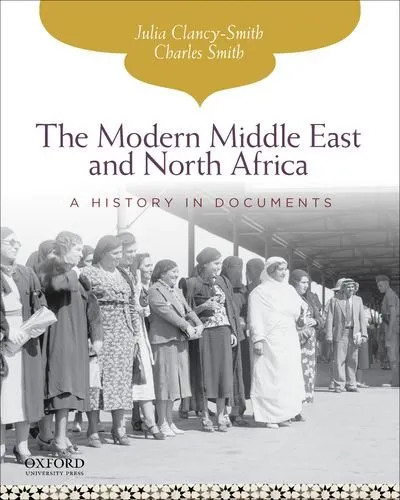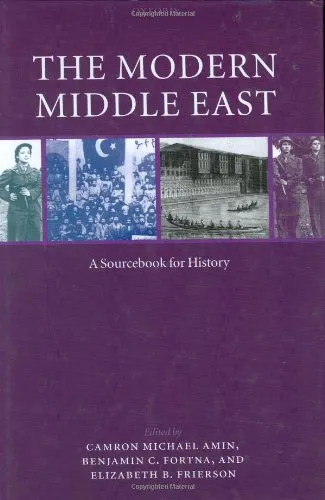Tribes and State Formation in the Middle East
4.0
Reviews from our users

You Can Ask your questions from this book's AI after Login
Each download or ask from book AI costs 2 points. To earn more free points, please visit the Points Guide Page and complete some valuable actions.Related Refrences:
Introduction to 'Tribes and State Formation in the Middle East'
The book 'Tribes and State Formation in the Middle East' presents an insightful exploration of the dynamic interplay between tribal societies and state structures in the Middle Eastern context. It delves into the historical and sociopolitical processes that have shaped the region's unique landscape, offering readers an in-depth analysis of how tribal affiliations and statecraft have co-evolved over centuries.
Detailed Summary of the Book
The book examines the fundamental aspects of tribe-state relations, emphasizing the duality of tribes as both socio-political entities and cultural frameworks deeply rooted in Middle Eastern traditions. By investigating various case studies across the region, the authors illustrate how tribes have historically both embraced and resisted state formation processes. The book is divided into thematic sections, each providing a comprehensive analysis of particular historical periods, geographic areas, or tribal associations.
Challenging conventional perceptions, the book uncovers the nuanced roles that tribes have played not only as obstacles to centralized power but also as partners in state-building efforts. The narrative outlines how the adaptive structures of tribal communities often interact with state agendas in complex ways, resulting in unique forms of governance that blend tribal customs with formal political systems.
Key Takeaways
- The persisting influence of tribal structures indicates their deep cultural and historical roots, which continue to shape modern Middle Eastern politics.
- State formation in the Middle East cannot be fully understood without acknowledging the significant role that tribes have played and continue to play in this process.
- Tribal affiliations often provide alternative sources of legitimacy and authority compared to formal state systems.
- The relationship between tribes and states is not inherently antagonistic; rather, it can be mutually beneficial under certain conditions.
Famous Quotes from the Book
"Tribes form the oldest political, social, and economic institutions known in the Middle East, serving as both building blocks of states and the centers of resistance to state control."
"Understanding the ebb and flow of tribal influence on state formation is essential to comprehending the broader historical and geopolitical contexts of the Middle East."
Why This Book Matters
In a region where modern borders often do not reflect historical or cultural realities, 'Tribes and State Formation in the Middle East' provides invaluable insights into the traditional structures that predate contemporary nation-states. By examining the intricate relationships between tribes and states, the book enhances our understanding of the ongoing challenges and complexities in Middle Eastern governance and political relations.
The book's relevance extends beyond historical interest, serving as a crucial resource for policymakers, scholars, and anyone interested in grasping the intricate social tapestry that influences current events in the Middle East. It encourages readers to consider alternative frameworks for understanding power and authority, challenging Eurocentric perspectives on statehood and governance.
Free Direct Download
You Can Download this book after Login
Accessing books through legal platforms and public libraries not only supports the rights of authors and publishers but also contributes to the sustainability of reading culture. Before downloading, please take a moment to consider these options.
Find this book on other platforms:
WorldCat helps you find books in libraries worldwide.
See ratings, reviews, and discussions on Goodreads.
Find and buy rare or used books on AbeBooks.
1655
بازدید4.0
امتیاز0
نظر98%
رضایتReviews:
4.0
Based on 0 users review
Questions & Answers
Ask questions about this book or help others by answering
No questions yet. Be the first to ask!
